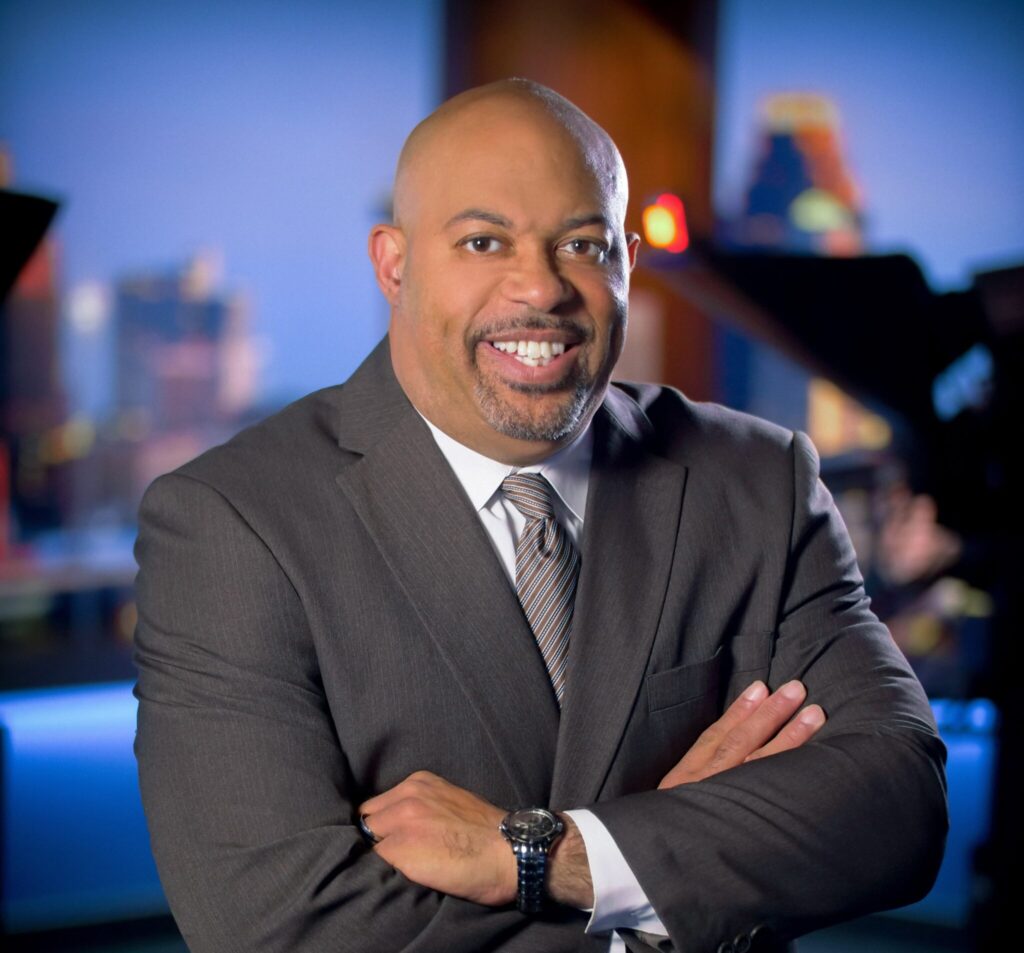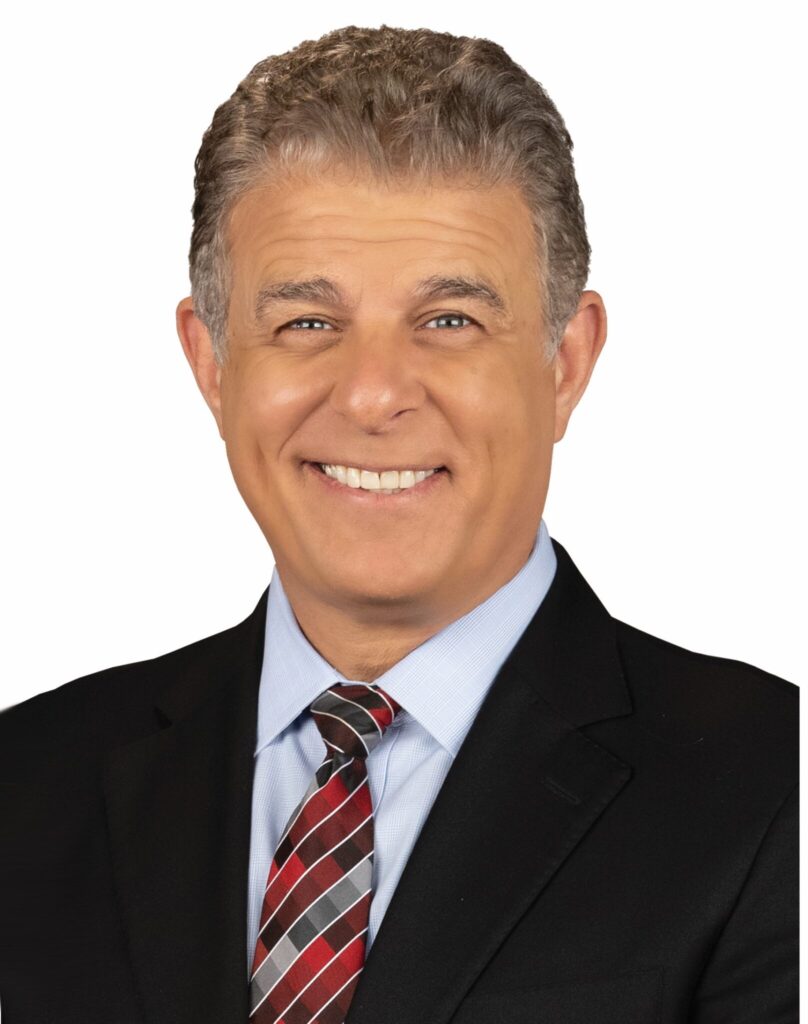 This political season, the biggest legal and practical issue for many stations so far has been the need to accommodate competing demands for air time from everyone from bona fide candidates to Super PACs to regular commercial advertisers. Staying out of hot water at the FCC involves knowing the rules and balancing those demands.
This political season, the biggest legal and practical issue for many stations so far has been the need to accommodate competing demands for air time from everyone from bona fide candidates to Super PACs to regular commercial advertisers. Staying out of hot water at the FCC involves knowing the rules and balancing those demands.
FCC Political Ad Rules Call For Balancing Act
The 39 days between now and the general election promise to be the most intense period of political advertising in U.S. television (and radio) history. By “intense” I mean the most hard-fought, by candidates and noncandidate “third parties,” including an array of new Super PACs spawned by the Supreme Court’s 2010 Citizens United ruling. For many TV stations, the period ahead could also be the most profitable political time in TV history.
To maximize the potential of the period ahead and comply with FCC and other requirements, this year many stations must engage in a careful balancing act.
For many stations the biggest legal and practical issue of this election so far has been the need to accommodate requests for air time from federal and state/local candidates, equal opportunities on requests by their opponents, Super PACs and wealthy individuals with no spending limits, other third party political groups and, last but not least, commercial advertisers.
This column provides selected points to keep in mind for achieving that balance between now and Nov. 6, and avoiding complaints to or sanctions by the FCC.
First and foremost, stations must assure adequate inventory to accommodate federal candidates’ unique right to reasonable access to air time prior to the election. This bedrock legal requirement must be honored. Stations must anticipate and reserve time now for federal candidate time requests, and requests by opposing federal candidates for “equal opportunities,” that occur in the next 39 days.
It is not defensible to turn down a federal candidate’s request altogether due to lack of available inventory or other reasons. FCC staff is primed to act quickly on complaints now, especially when federal candidate air time is involved. Lack of inventory due to Super PAC time use, or almost any other factor, is not a viable defense.
Although stations cannot flatly refuse a legally qualified federal candidate’s request to buy airtime before the election, stations must provide only “reasonable” access, and are entitled to offer an alternative to the schedule the federal candidate requests. What’s “reasonable” varies from case to case. The amount of time, placement of ads and other details are negotiable. Prompt, good faith negotiations with candidate campaigns can result in a buy that is acceptable to candidate and station.
An increased number of reasonable access disputes have been brought this year to the attention of the political programming staff of the FCC’s Media Bureau. It attempts to help resolve these matters informally and quickly by phone given the time sensitivity.
Stations have much more flexibility with state and local candidate ads. These candidates lack the federal candidate right to reasonable access to station air time. Stations can decide, based on judgments about newsworthiness, which, if any, state and local election races warrant the sale of time.Written station political sales policies specify the state and local races for which ad time will be sold. But the FCC allows stations to reduce or eliminate the time offered for sale in the station policy for state and local candidates, in part to accommodate federal candidate requests for time.
If this is done, the station must notify all the affected state and local candidates in advance, and must honor valid, timely equal opportunities requests for time by opposing state or local candidates through the end of each of those obligations.
This is a way to relieve pressure when inventory is in short supply before Nov. 6. A word of caution, though: for hotly contested, or locally important, state or local races for which the station has sold candidate airtime, stations might want to consider whether eliminating or restricting ad time for those state/local races serves the public interest.
Also problematic now is the proliferation of political ads that contain false statements, and whether stations can be held responsible for them. Here again there is a balancing act to square the practicalities of running a station in the tumultuous home stretch and what is required or needs to be considered legally. This is hardly a new problem, but seems more difficult now. Evidence of this is the proliferation of fact-checking of ads this year by pundits and media outlets (including TV) and reporting of the results. The Washington Post, for example, has a regular column that rates campaign ad claims under a “Pinocchio” point system.
The FCC does not specifically require stations to investigate the truth or falsity of claims made in political ads. And federal law prohibits station censorship of ads by legally qualified candidates, but not ads by PACS, issue advertisers or other non-candidates. Ads by them can be refused, pulled or the station can require the advertiser to revise the ad.
The FCC has a long history of expecting stations, as part of their overall obligation to operate in the public interest, to avoid knowingly airing false claims in commercial advertising. That principle spills over to political ads, at least by noncandidates when a station has been made aware of the alleged falsity.
There can also be potential liability for money damages, cease and desist orders, libel and slander, and the bother and expense of answering a complaint filed in court or at the FCC, by a candidate who claims to be the victim of false statements broadcast in noncandidate political ads.
If a station gets a complaint that an ad statement is false, it may be advisable to investigate whether the claim is accurate. If the station investigation determines that the ad by a non-candidate is false, pulling the ad and/or requiring the advertiser to revise it may be advisable. Ads or paid programs by legally qualified candidates that contain “uses” – defined as any positive appearance of a candidate whose voice or likeness is either identified or is readily identifiable — may not be censored by stations, and stations cannot be held liable for defamation that occurs in them. This no-censorship/no liability restriction does not apply to ads by Super PACs and other non-candidates. Advice of counsel on this type of problem is often recommended.
This column on TV law and regulation by Michael D. Berg, an experienced Washington D.C. communications lawyer and the principal in the Law Office of Michael D Berg, appears periodically. He is also the co-author of FCC Lobbying: A Handbook of Insider Tips and Practical Advice. He represents commercial and noncommercial broadcasters. He can be reached at 1200 New Hampshire Ave., Suite 800, Washington, D.C. 20036-6802; [email protected]; or 202-776-2523. Read more of Berg’s Legal Memos here.
Dashiell Milliman-Jarvis, a legal intern at Berg’s firm, contributed to this article. He expects to have his Juris Doctor degree next spring from the Georgetown University Law Center. His email address is [email protected].
Note: This column provides general guidance only and is not a substitute for individualized legal advice for particular situations.
























Comments (0)